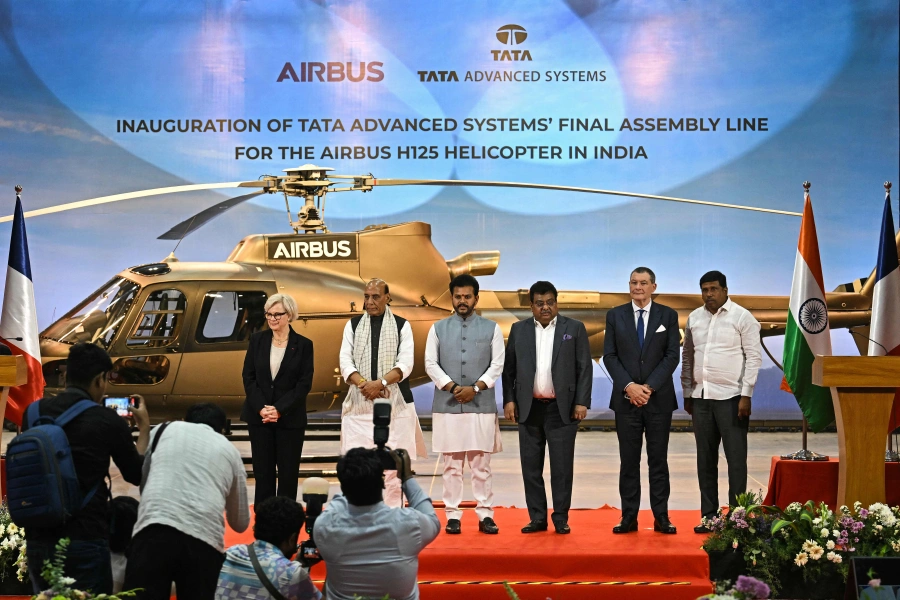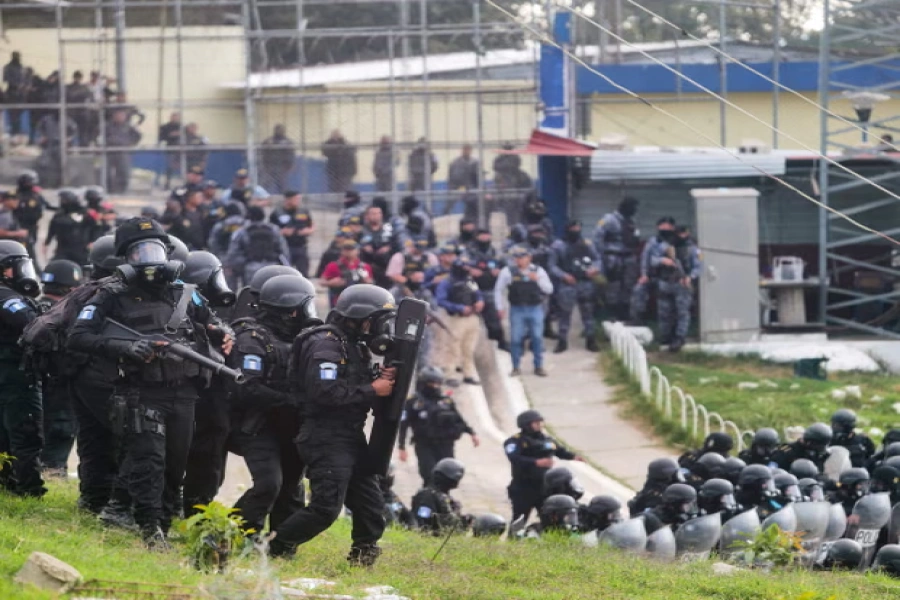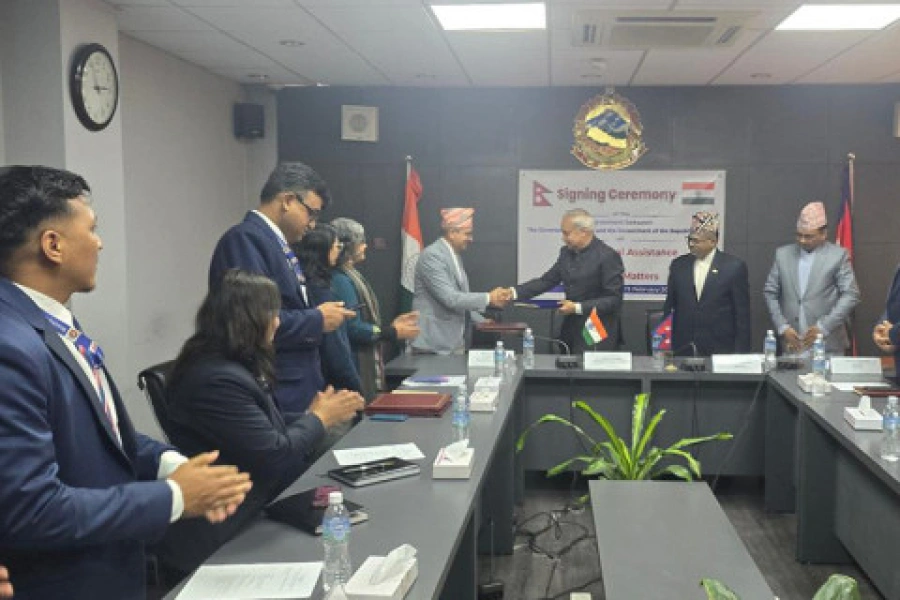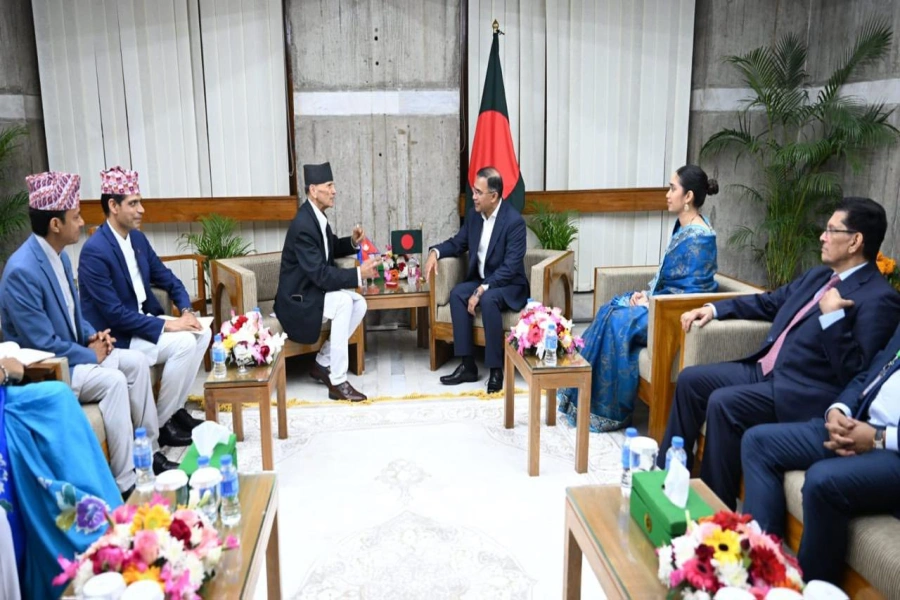Crowds have taken the law into their own hands, delivering instant verdicts and punishments
Recent years have seen the rise of mob actions targeting individuals accused of various offenses. Such incidents reflect social inequality, where decisions are influenced by religion or caste rather than merit. While the constitution enshrines equality, societal practices tell a different story.
A new form of mobocracy has emerged in Nepal, driven by social media. This phenomenon distorts values by portraying unrighteousness as virtue and virtue as unrighteousness. Instead of strengthening democracy, it threatens to erode it. In a democracy, no citizen is above the law. Allowing mob rule undermines the very foundation of democracy, which relies on law and order. Nepal's democratic image has already suffered due to a growing tendency to bypass the rule of law. Democracies that normalize lawlessness inevitably weaken.
Is Democracy Becoming Mobocracy?
The fourth-century BCE philosopher Plato famously criticized democracy, describing it as "mobocracy" because he believed it allowed the unqualified masses to rule, sidelining capable and wise leaders. According to him, monarchy, where prudent leaders govern in the people's interest, was a superior system.
Terrorism and anarchy are inimical to democracy, press freedom:...
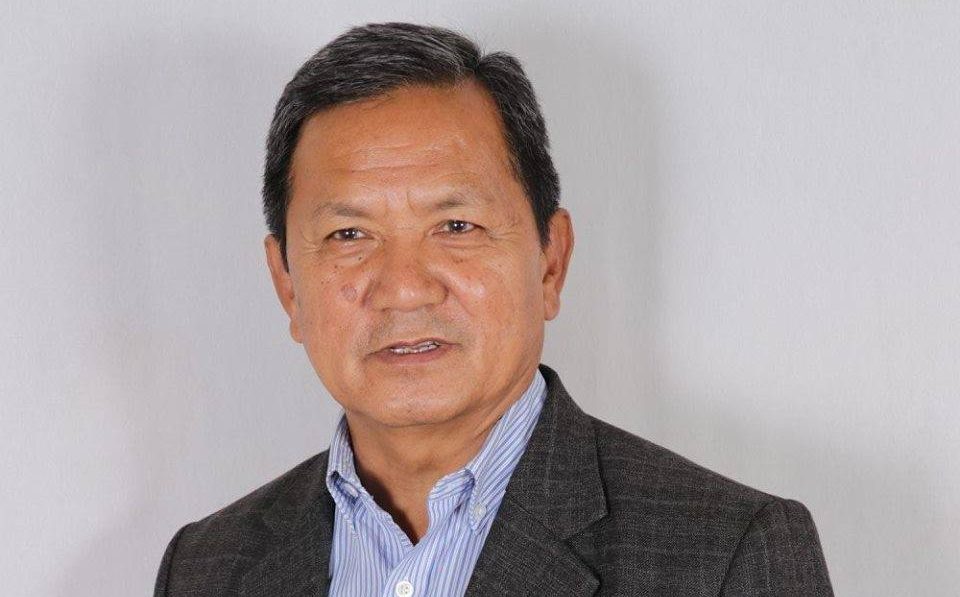
In Nepal, democracy seems to have fostered a culture of dependency and groupthink. At its core, democracy is a government of the people, by the people, and for the people. It thrives on fair elections and civil rights. However, the misuse of democratic freedoms, combined with socio-economic inequalities, has contributed to mob rule.
Recent instances highlight this dangerous trend. Crowds have taken the law into their own hands, delivering instant verdicts and punishments—acts incompatible with a civilized society. Such mob behavior often emerges where democracy falters. Opportunists within these mobs exploit the chaos for personal gain. While Nepal's democracy is not weak enough to succumb entirely to mob rule, this trend is concerning.
Challenges to Democratic Functioning
Nepal's governance faces challenges due to political polarization. Recently, an important bill passed in parliament without adequate debate, highlighting dysfunction within the legislative process. The ruling party, instead of fostering consensus, sidelined opposition voices. Meanwhile, media platforms are split—state-run channels like Nepal TV portray calm, while opposition platforms paint a picture of chaos. This polarization raises doubts about media impartiality.
Judiciary and politics are also under strain. Some individuals pressure judges to deliver verdicts aligned with their interests, undermining judicial independence. This culture of manipulation has tarnished the credibility of institutions.
Mob Rule in Action
Recent years have seen the rise of mob actions targeting individuals accused of various offenses. Such incidents reflect social inequality, where decisions are influenced by religion or caste rather than merit. While the constitution enshrines equality, societal practices tell a different story.
The arrest of Durga Prasai, a controversial businessman and political figure, exemplifies these challenges. Prasai, who once aligned with prominent leaders like UML Chairman and Prime Minister KP Sharma Oli, has now turned against them, using social media to air grievances and make accusations. His recent arrest for allegedly fabricating documents to discredit the Prime Minister has sparked protests, reflecting the deep polarization in Nepal's political landscape.
Prasai's case highlights a broader issue: the use of public platforms to spread misinformation and disrupt societal harmony. Conspiracy and chaos are detrimental to any society, eroding trust and justice. While every individual has the right to express opinions, this freedom must not be abused to incite division or promote lawlessness.
Preserving Democracy
Democracy must be governed by constitutional principles, not the whims of political majorities. If leaders prioritize personal agendas over collective welfare, they risk turning democracy into mobocracy. The current environment of political opportunism and mob violence leaves little room for reform.
For Nepal to preserve its democracy, all stakeholders—citizens, politicians, and institutions—must uphold democratic values. The culture of mob rule must be addressed through education, enforcement of laws, and fostering a sense of responsibility among citizens.
Nepal stands at a crossroads. Allowing mobocracy to dominate will harm the nation's future, jeopardizing families, society, and the state. Nepalis must act decisively to counter this trend and protect their democracy. If unchecked, today's chaotic environment will not only victimize future generations but also turn them into agents of destruction. The time to awaken and preserve democratic ideals is now.





